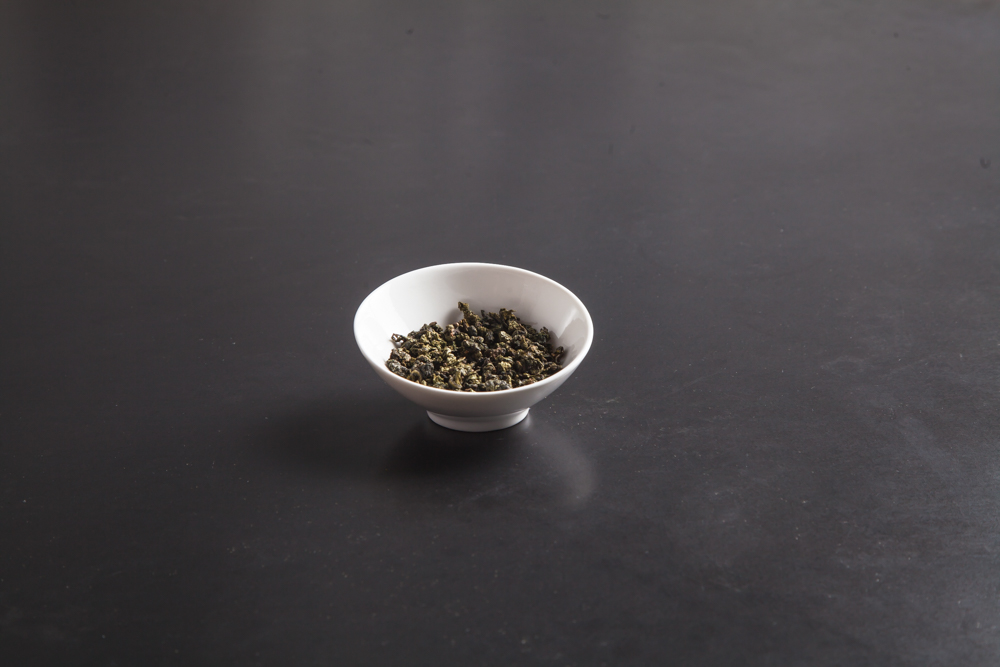
Climate change has stopped our farms from producing one of the best-selling oolong teas of all time. The Golden Lily oolong, or 金萱, is known for its incredible fragrance that resembles milk and honey.
The best Golden Lily is harvested in the summer, where the ground frosts on the mountains at 800 meters above sea level. Due to increasing temperature, the ground no longer frosts at that elevation. While the tea leaves still grow and can be harvested, they no longer produce the same honey and milk aroma.
Climate change has been a hot topic for many, but the current effects of this is felt by tea farmers throughout the world. Increased temperatures encourages pests, which have been kept at bay by planting fruit trees next to tea, so they can be controlled without pesticides. It also damages crops, making high quality teas even more scarce and therefore exponentially more expensive.
Outside of Taiwan, the effects of climate change are felt in Yunnan, where many high quality green and pu’er teas are produced. These effects are even more evident in India, Indonesia, and Sri Lanka, which accounts for a large percentage of the total tea production in the world.
It is important to remember that unlike other crops, tea can be harvested for generations. Our farm in Lu-Gu has been with the Wang family for over 60 years, and when a crop grows for that long, it is near impossible to relocate it into another region. These crops are also extremely sensitive to small changes in temperature, humidity, and winds.
The tea crop is not lost thankfully, but we will be roasting them as another type of tea. Please join us in a tasting once we finalized the new production.
In the meantime, we would love for you to write to your congressman about the very real impact climate change poses to the world and how it affects us all. If you are so inclined, please follow this link.
Originally published on January 7th, 2020.
